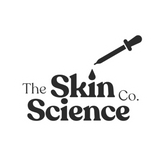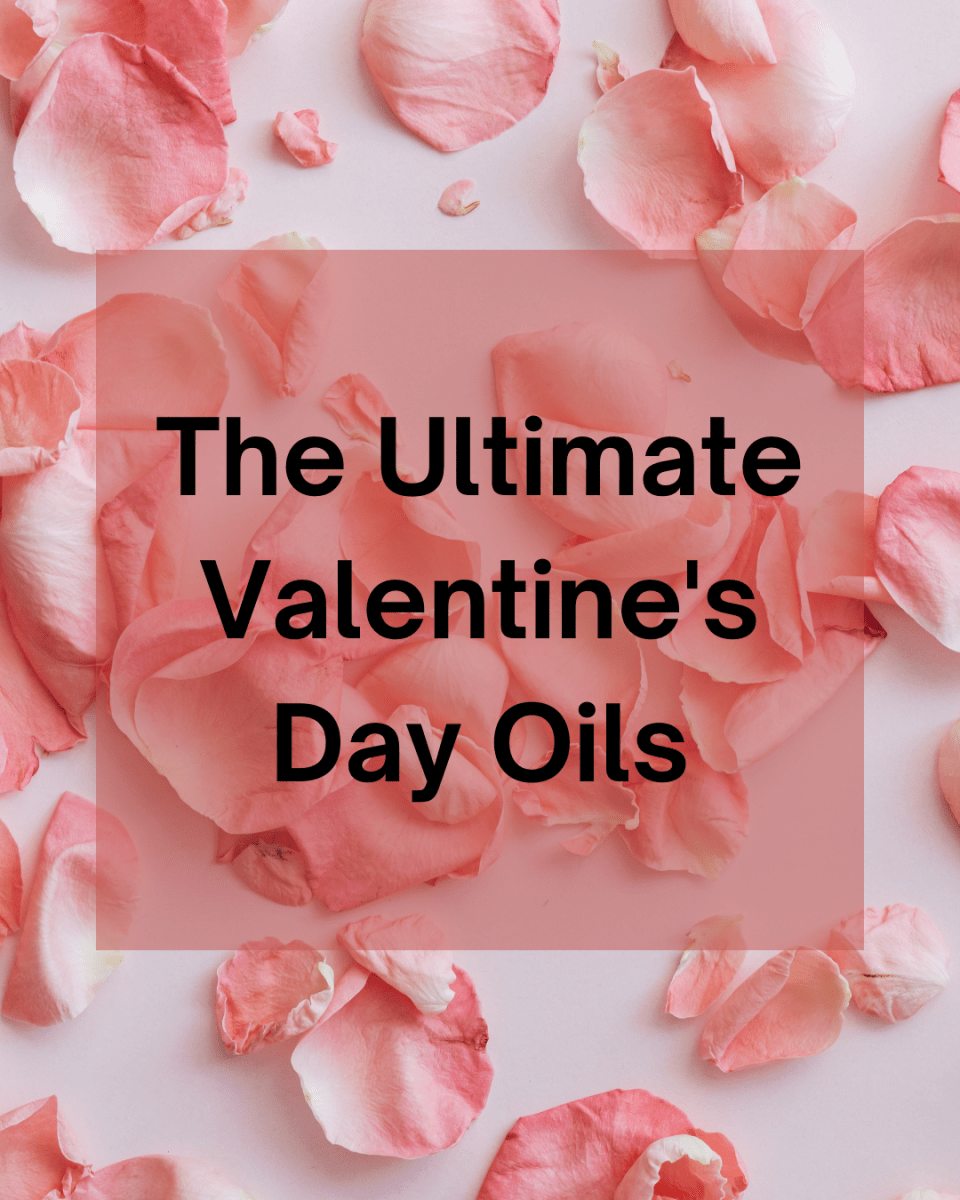Are you a skincare enthusiast who likes to make your own cosmetics and skincare products at home? If so, it's important that you clean your manufacturing tools the proper way in order to avoid any contamination or skin irritation. In this blog post, we'll show you how to clean your tools using simple and safe methods. So, read on and learn more!
Step 1: Remove excess oil and debris
You love nothing more than whipping up a batch of homemade cosmetics. Whether it's a new eyeshadow formula or a luxurious body butter, there's nothing quite like the satisfaction of using a product that you made yourself.
However, one key element of successful cosmetic crafting is making sure that your tools are clean. Excess oil and debris can contaminate your products and cause them to spoil more quickly, so it's important to wipe down your tools after each use. Using a paper towel to wipe your tools down will help get rid of excess oil by absorbing into the tissue.
Step 2: Place your equipment into hot soapy water
Place your utensils or tools in a hot, soapy water bath, using any detergent that you have on hand. Once the tools have been fully immersed in the water, grab a washcloth and use it to scrub each tool thoroughly, making sure to pay special attention to areas that might be more prone to accumulating dirt and grime.
Step 3: Rinse off with processed water
If you’re new to DIY’ing cosmetic and skincare products at home, you’re probably wondering - what is processed water?
Process water and ultra-pure water are waters that have been extensively treated for use in industry and manufacturing. With process water, this often means demineralisation or softening, and with ultra-pure water, this means extensive purification and the removal of all contaminants.
We use this water to rinse off our thoroughly cleansed equipment from the previous step!
Step 4: Soak in hypochlorite solution
Prepare hypochlorite solution according to the directions on the bottle and soak your equipment in the solution.
This step is super important especially if you are manufacturing bulk amounts of cosmetic or skincare products to sell to keep it hygienic and contaminant free!
Rinse again with processed water and place your equipment in a dry, dust-free area and allow them to air dry.
Step 5: Wipe down with polysorbate alcohol before next use
Before using your utensils again for your next cosmetic or skincare production, you need to ensure your equipment is fully prepped and cleaned.
TO be 100% sure your tools are contamination free - Wipe your DIY tools down with Polysorbate alcohol with a clean cloth before whipping up that new batch of body butter or lipstick!
Polysorbate alcohol is a powerful cleansing agent that helps to remove any lingering residue or dirt.
So, are you ready to get started on your next batch of cosmetics? Make sure you take the time to properly clean all of your tools– it’s the only way to ensure that your products are contamination free and safe for use. Have fun with your new creations, and be sure to share them with us on social media!



